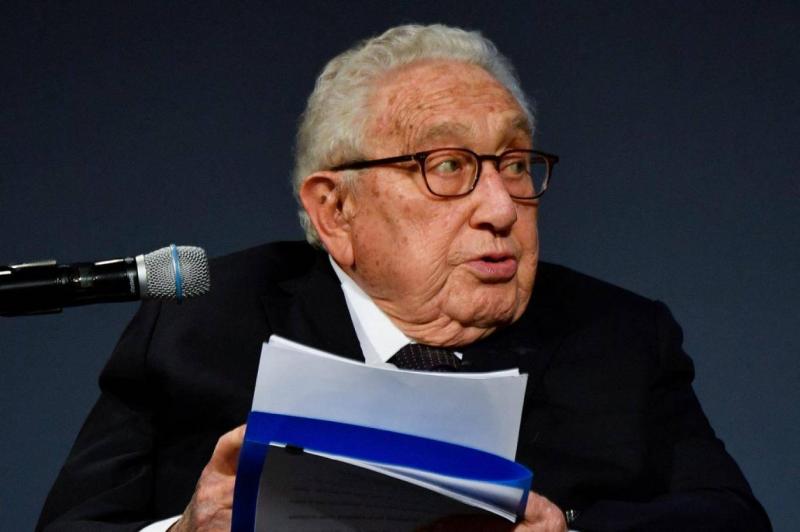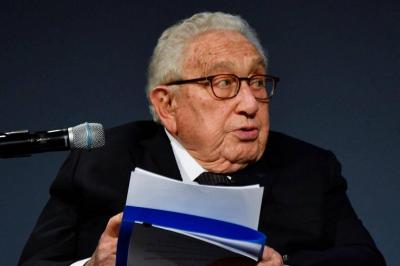I do not agree with the ideas, policies, and positions of Henry Kissinger in any way. However, our professor in political readings, Mamdouh Al-Muhaini, made me reconsider the research rather than the stance in his studies. For the first time, I found myself appreciating Kissinger’s assessment of two leaders whose moral positions I was impressed by during my journalistic work: Konrad Adenauer and Charles de Gaulle. This is particularly true regarding the concept of leadership in "the man who was France."
De Gaulle recognized that political success and failure are interconnected, and that history would be the ultimate judge of both. In his latest book on leadership, Kissinger distinguishes between two ideal types of leaders: statesmen and prophets. Statesmen "increase caution." He invokes "prophets" and views the world from a high vantage point. What light do these distinctions shed on Charles de Gaulle's leadership, making him particularly interesting?
Before emerging as a national leader in 1940, de Gaulle wrote extensively about the nature of leadership. His book "The Edge of the Sword" (1932) cites numerous thinkers of authority, including Goethe, Bergson, Bacon, Tolstoy, Rousseau, and Cicero. De Gaulle’s view of leadership is grim. A successful leader must cultivate mystery and guile. He imposes "perpetual self-discipline" and embraces constant risk and ongoing internal struggle. A leader requires strong nerves and iron self-control.
De Gaulle was profoundly influenced by the writings of Henri Bergson, arguing that a leader must combine thought, intuition, analytical intelligence, and moral courage. Years later, he wrote: great men have a mind and drive. The brain acts as a brake on pure emotional drive. The mind overcomes impulse, which may require moral courage. A leader must be attentive to emergencies and constantly ready to adapt to circumstances. De Gaulle valued the art of governance in the old system: "Avoid abstractions, but cling to facts, prefer the useful over the sublime, and approach every specific problem not with the ideal solution but with the practical one."
The role of the leader is to analyze the situation and set goals, but he should not get bogged down in details. He reflects, consults, and decides, but then leaves the execution to others. A leader must be capable of stirring the imagination and evoking "the latent faith of the masses." This vision of charismatic leadership was heavily influenced by the writings of Gustave Le Bon, whose work on crowd psychology impacted a variety of figures such as Theodore Roosevelt, Freud, and Mussolini.
De Gaulle's concept of leadership fits both of Kissinger's ideal types. It is a blend of reason and emotion, embodying the classicism of the 18th century and the romanticism of the 19th. He exemplified the combination of willpower, analytical intelligence, drive, and thought through the action that etched his name into history on June 18, 1940, with his brief radio address on the British Broadcasting Corporation, calling on the French to reject the armistice with Germany and continue fighting.




